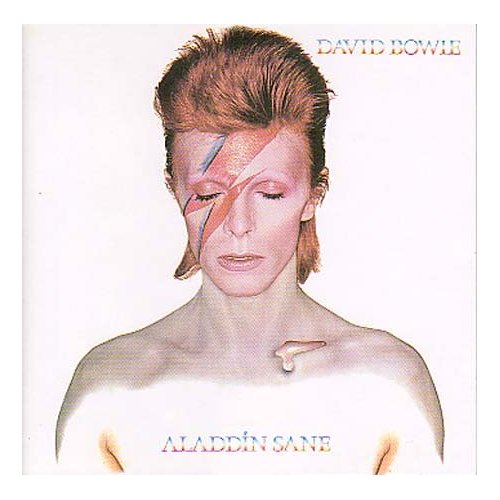
Back in September, I put up a
post about men who didn't kiss other men, although they had sex with them. It was connected to the - still live -
discussion on the subject on bisexual.com. Around 50% of men who posted didn't understand why you wouldn't kiss other men if you were having sex with them; the other 50% thought men should keep their lips below the belt, as it were.
That post was meant to be the first in a series called 57 Varieties of Bisexual (like the beans, duh). We who are bisexual in some way or another include people with such a wide variety of behaviours, emotions, fantasies etc etc. As usual, I got distracted, but now's the time to revisit the subject, in what will be an occasional series. This is by way of introduction.
Anyway, what's below is taken from the proposal to my forthcoming (please) book The Truth About Bisexuality.
Does bisexuality exist?Many people from all walks of life don't think so. They consider that bisexual people are really either straight or gay, with only a few pathetic individuals - oversexed, experimenting, exhibitionist, confused, cheats - in between.
What drivel! This preposterous question would never be asked about any other sort of sexuality. And this is despite the fact that the most cursory glance at history or geography shows bisexuality in some form or another has existed across time, place and culture, whether it has been openly acknowledged or not.
This book is based around interviews with people who consider themselves bisexual. People like these:
* Lisa, 26, a shop manager. A self-described "wild child", she has only had relationships with men, but casual sex with women. Even though she would like to be more experienced with women she doesn't know how to go about it.
* Manny, a 49-year-old hair colourist, who has spent most of his life as a gay man. Nevertheless, he "crosses the fence when the opportunity arises" and his most intense relationship was with a woman.
* Linda, 36-year-old full-time mother, who lives in the suburbs with her husband, children and, more recently, her female partner too. Her husband and her girlfriend are close (non-sexual) friends and, with their children, consider themselves to be a family.
* Danny, 16, who is thinking about his attractions to both boys and girls and writes about them frequently on his blog, although he is too intimidated to do anything about them yet.
* Artist Jay, 38, who is only interested in relationships where she has to be sexually submissive. That is the important thing for her; her partners may be male or female.
* Rob and Donna, in their early 30s, who live in the country with their three small children, and operate a smallholding. Their dream is to form a community with other bisexuals that is based on ethical and environmental principles.
* Charis, 49, who describes himself as a "she-male". He has committed relationships with women but, when dressed as a woman himself, has casual sex with men.
* Ian, a 32-year-old journalist who says he's attracted to all the usual qualities people go for. But, as long as they don't fall into masculine or feminine stereotypes, he doesn't care whether his lovers are men or women.
* Dana, 45, a previously male transgender activist who is in a relationship with a female to male transsexual.
* Natalie, 23, who moves in mainly lesbian circles and is mostly attracted to women. But because she retains sexual feelings for men, she describes herself as bisexual.
* Businessman Alan, 59, who decided that after 40 years without sex with men - because he was married, and because it was socially unacceptable - he ought to see what he had been missing.
* Alex, 30, a researcher who had been married and later identified as a lesbian before she decided that - when she fell in love with a man again - the word bisexual fit her best.
* Sue and Bob, a professional married couple in their 40s, who have swinging sex with other male/femake couples. But although Sue has had sex with women outside of that context, Bob is only interested in men within very strict parameters.
* Darragh, 33, a civil servant who - after a bisexually active few years - has agreed with his girlfriend that theirs will be a monogamous relationship.
So, given that many people clearly are bisexual, why does the question of its existence pop up again and again? For political reasons. Mainstream society finds bisexuality so threatening to the status quo that it needs to make bisexuality as unappealing or impossible as it can. Bisexuality exposes as a lie the notion that people are divided into good straights and bad gays, with a brick wall between the two. It forces a recognition that fewer people are wholly straight or gay than everyone likes to think. That's something almost no one wants to hear.
These are just some of the people I interviewed for my book. What other types of bisexual people do readers know about? Is your bisexuality some other sort to that listed above? I can think of some people I have left out...
P.S. Dizzy, Danny isn't you! He is an American guy with a livejournal page who unfortunately seems to have suspended his account.







